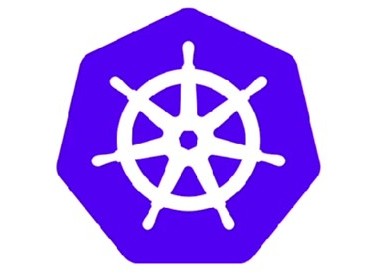Latest Kubernetes Release Focuses on ‘Depth’

As the Kubernetes container orchestrator makes steady inroads inside large companies for machine learning and big data workloads, the community behind the Google-backed platform is releasing its third update of 2017 with an emphasis on buttressing existing security and stability.
Kubernetes 1.8 was released Wednesday (Sept. 27) by a team that includes developers from Google (NASDAQ: GOOGL) along with CoreOS, Heptio, Microsoft (NASDAQ: MSFT) and the Cloud Native Compute Foundation, among others. The latest release focuses on "adding depth to existing features versus adding new features," members noted in a blog post.
Among the security upgrades is a more stable access control approach used to restrict computing and network access to authorized users. The security mechanism known as role-based access control allows system administrators to monitor access to the Kubernetes API. Early adopters such as CoreOS have included the access controls in its Tectonic platform since the 1.3 release of Kubernetes in July 2016.
An earlier version of Kubernetes included a new advanced auditing feature used as part of ongoing security operations. The latest release advances that security feature to beta. It also introduces audit logs along with policies to control what is being audited, developers noted.
The latest release also includes user certification and network policy improvements.
Stability upgrades include storage controls such as setting limits on ephemeral storage and greater control of resources metrics. Those features, developer said, "can be particularly useful for on-premises Kubernetes deployments."
With an eye toward greater use of Kubernetes for machine learning and big data workloads, developers also announced that an Apache Spark cluster computing implementation for Kubernetes has been approved for "upstream" development. (Kubernetes version 1.7 included automated updates of stateful applications such as the Apache Kafka stream-processing platform.)
San Francisco-based CoreOS, a key upstream developer of Kubernetes and manager the first release of the container orchestrator (Kubernetes 1.6) outside of Google, noted in a separate blog post that the latest release moves a batch of workload APIs to beta testing. The APIs provide abstractions required to manage production applications deployed to the container orchestrator.
As the competition between Docker Swarm and Kubernetes heats up, the latter has in recent releases been emphasizing security and persistent container storage. An earlier release in June included stateful workload updates along with security and system extensions. The stateful workload improvements also include enhancements such as local storage of stateful applications.
Kubernetes backers note that the accelerating rate of new releases underscores the breadth of the ecosystem as well as growing adoption among enterprise users. According to a survey of cloud native technologies released earlier this month, "Container usage, which, at its most basic level ostensibly maps to developers using Docker, is running at 71 percent across Fortune 100 companies."
The survey by industry analyst RedMonk pegged Kubernetes usage at 54 percent and Cloud Foundry at 50 percent.
Kubernetes 1.8 is available for download on GitHub.
Related
George Leopold has written about science and technology for more than 30 years, focusing on electronics and aerospace technology. He previously served as executive editor of Electronic Engineering Times. Leopold is the author of "Calculated Risk: The Supersonic Life and Times of Gus Grissom" (Purdue University Press, 2016).











